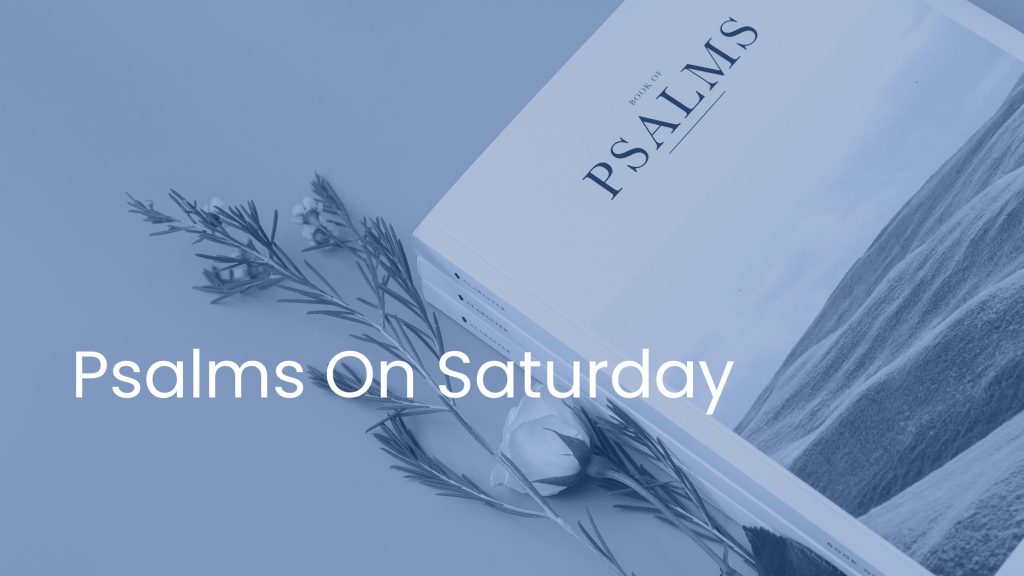|
Getting your Trinity Audio player ready...
|
God has taken his place in the divine council; in the midst of the gods he holds judgment (v. 1, ESV).
Imagine God sitting on His throne. That’s the image of Psalm 82.
The word “Elohim” is the most common word used for God in the Old Testament. It’s a plural noun, but when used with singular verbs, it indicates the Trinity or the three-in-one God of the Bible.
In verse one, we find “Elohim” used with plural verbs, and then later again “elohim” without plural nouns, so it is then translated as “gods,” not “God.”
Review: In Psalm 82:1, we find God and the gods mentioned. Thus, the question, “We understand ‘God,’ but who are ‘the gods’?”
The “gods” do not refer to the false gods of pagans because they wouldn’t be in the divine council mentioned in verse one. They aren’t celestial beings or angels because it says they will die in verse seven, which isn’t a possibility for angels.
In verse two, God asks these gods a question. . .
How long will you judge unjustly and show partiality to the wicked?
Now, doing some fancy Hebrew interpretive footwork, we have “elohim” spoken of as “gods,” with the only conclusion being earthly judges or those in charge of meting out God’s holiness in legal, political, and personal decisions.
Verses one and two imply that “gods” should be subservient to “GOD!” (We all say, “Amen!”)
How should these “gods” judge? (Today, think of names on ballots or our elected representatives, both judicial and political.) And how do we know whether they represent God? By the fruit of their decisions. As Psalm 82 teaches. . .
Give justice to the weak and the fatherless; maintain the right of the afflicted and the destitute. Rescue the weak and the needy; deliver them from the hand of the wicked (vv. 3-4).
The New Testament reflects this same focus in the Book of James. . .
Religion that is pure and undefiled before God the Father is this: to visit orphans and widows in their affliction, and to keep oneself unstained from the world (1:27).
The “gods” at the time of the writing of Psalm 82 were suspect in their decision-making. How about our “gods” today? And what are the consequences of injustice in society?
They have neither knowledge nor understanding, they walk about in darkness; all the foundations of the earth are shaken (Psalm 82:5).
HHHHMMMHHM!
Psalm 82 teaches that when politicians, judges, and those with god-like decision-making positions don’t consider the weak, the poor, or the needy with their policies and considerations — well. . .
All of you; nevertheless, like men you shall die, and fall like any prince (vv. 6b-7).
Fortunately, we know what will happen at the end of time — which is soon.
Rise up, O God, and judge the earth, for all the nations belong to you (v. 8).
Amen. Peace out!

